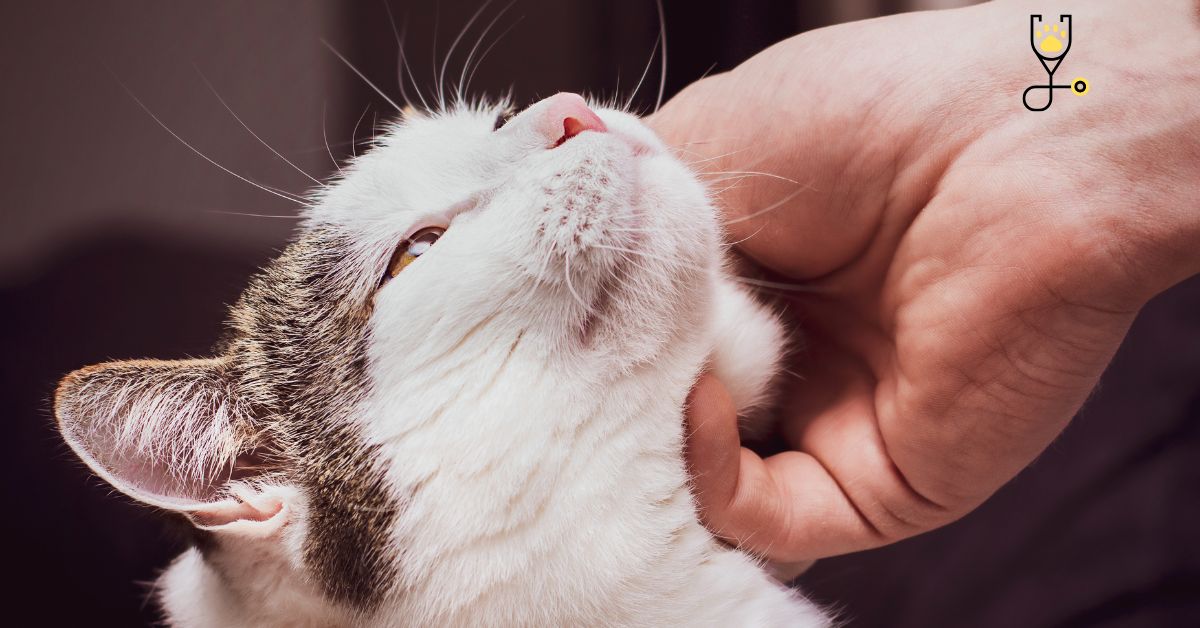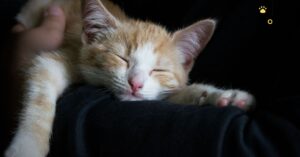Do you have a cat that loves to bunt? If so, you’re probably wondering what the heck it’s doing. Well, wonder no more! In this blog post, we’ll explain everything you need to know about cat bunting behavior. So, keep reading to learn more!
What is bunting?
Bunting is a behavior that cats display when they rub their heads and bodies against people or objects. It’s often seen as a sign of affection, as cats typically only bunt with people or animals they’re familiar with and trust.
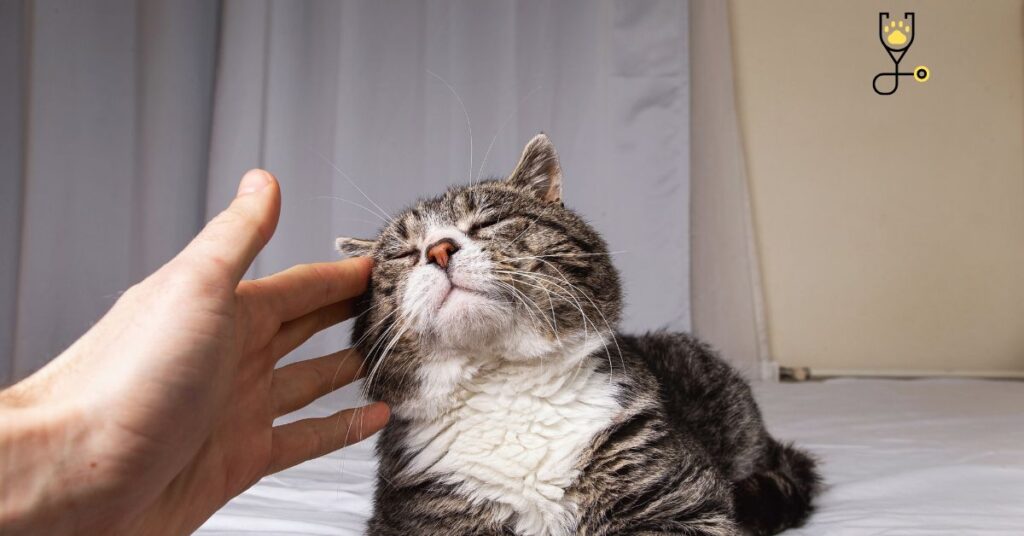
9 Reasons Why do cats bunt?
There are a few reasons why cats may engage in bunting behavior:
1. To mark their territory
When cats bunt, they’re actually releasing pheromones from glands in their heads. These pheromones help them to mark their territory and make themselves feel more comfortable in their environment.
2. To show affection
Cats typically only bunt with people or animals they know and trust. So, if your cat is constantly bunting you, it’s a good sign that they really like you!
3. To ask for attention
Cats are very good at getting what they want. If they’re feeling ignored, they may start bunting as a way to get your attention.

4. To show excitement
Cats may also bunt when they’re feeling excited or happy. For example, they may start bunting you when you come home from work or when they see their favorite toy.
5. To calm themselves down
Sometimes, cats will bunt as a way to calm themselves down. This is because the act of bunting releases endorphins, which have a calming effect on the body.
6. To relieve stress
Similarly, cats may bunt as a way to relieve stress. If they’re feeling anxious or overwhelmed, bunting can help them to feel more relaxed.
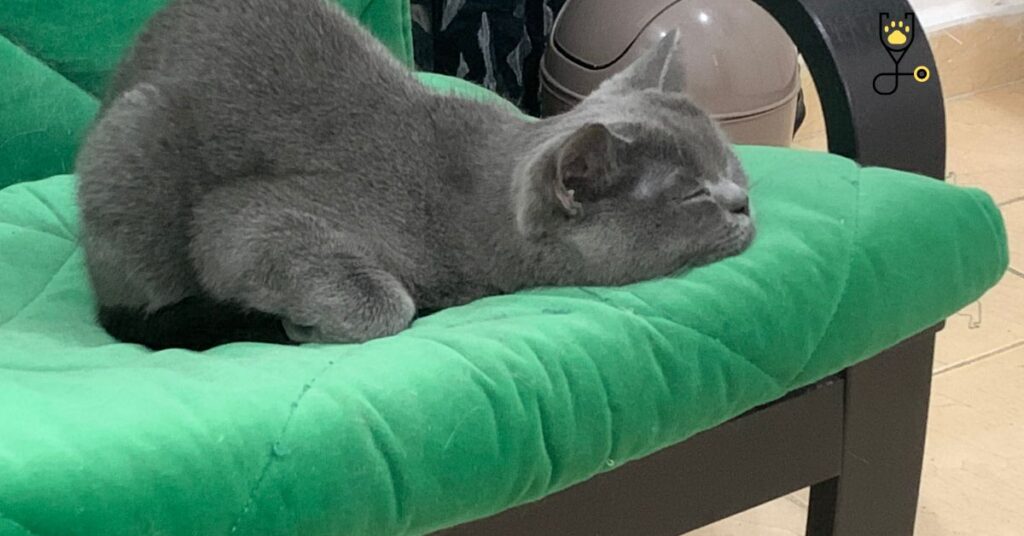
7. To bond with you
Cats are social creatures and love to interact with their human companions. Bunting is one way that they can bond with you and show you how much they care.
8. To get your attention
As we mentioned before, cats are very good at getting what they want. If they’re trying to get your attention, bunting is one way they may try to do it.
9. To express their love for you
Last but not least, cats may bunt because they simply love you! If your cat is constantly bunting you, it’s a good sign that they really care about you and want to be close to you.
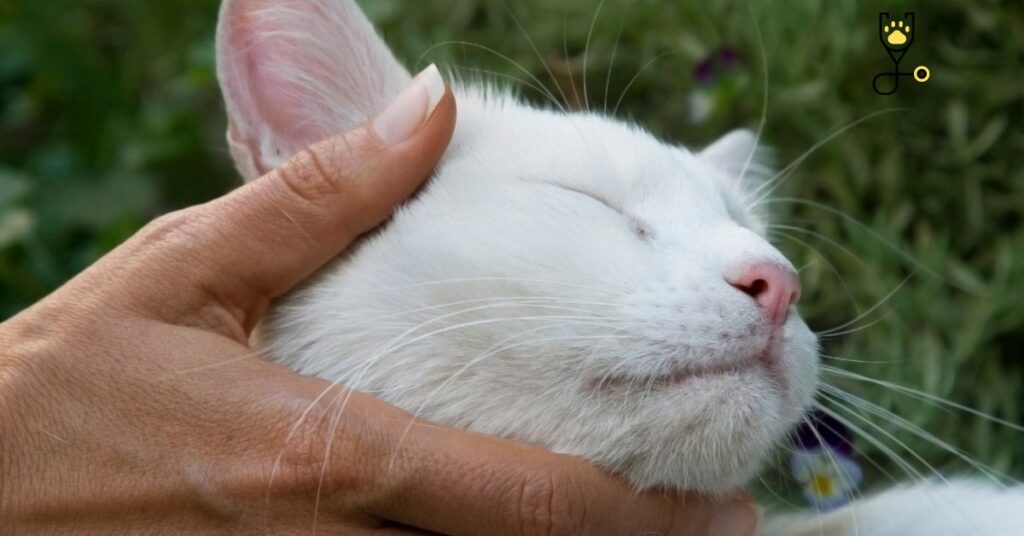
Bunting is a behavior that’s unique to cats. However, it’s also something that all cat owners should know about. So, now that you know all about cat bunting behavior, you can better understand your feline friend!
How to stop a cat from bunting
If you don’t want your cat to bunt, there are a few things you can do to stop them:
1. Ignore the behavior
Cats are known for being attention seekers. So, one of the best ways to stop them from bunting is to simply ignore the behavior. Don’t give them any attention when they bunt and eventually they’ll stop doing it.
2. Give them something else to focus on
You can also try redirecting your cat’s attention by giving them something else to focus on. For example, if they start bunting you, give them a toy to play with or offer them some treats.
3. provide positive reinforcement
Whenever your cat doesn’t bunt, make sure to give them plenty of praise and affection. This will help them to associate good things with not bunting, and they’ll be less likely to do it in the future.
4. Train your cat
If you’re really struggling to stop your cat from bunting, you may need to train them. Start by teaching them basic obedience commands such as sit, stay, and come. Once they know these commands, you can begin working on stopping the bunting behavior.
5. Seek professional help
If you’ve tried all of the above and nothing seems to be working, it may be time to seek professional help. A certified animal behaviorist or veterinary behaviorist can help you to modify your cat’s behavior.
Is bunting a sign of illness in cats?
Bunting is a perfectly normal behavior for cats. However, if your cat suddenly starts bunting more than usual, it could be a sign of illness. If you notice any other changes in their behavior or appearance, take them to the vet right away.
When to see the vet you notice any of the following changes in your cat’s bunting behavior
it’s time to see the vet:
1. They’re bunted more than usual
2. They’re bunt people or animals they don’t know
3. They’re bunt in a way that seems aggressive
4. They have other changes in their behavior or appearance
If you notice any of these changes, take your cat to the vet right away. They may be experiencing a medical condition that’s causing them to bunt more than normal. The bottom lineBunting is a perfectly normal behavior for cats. However, it’s important to understand why they do it and how to stop it if you don’t want them to. If you notice any changes in your cat’s bunting behavior, take them to the vet right away to rule out any medical conditions.
Conclusion
Bunting is normal behavior for cats, but it’s important to understand why they do it and how to stop it if you don’t want them to. If you notice any changes in your cat’s bunting behavior, take them to the vet right away.
FAQ’S
1. What is cat bunting behavior?
Cat bunting behavior is when a cat rubs their head and body against people or objects. It’s a way for them to mark their territory and show affection.
2. Why do cats bunt?
There are a few reasons why cats bunt: to mark their territory, to get your attention, or to express their love for you.
3. How can I stop my cat from bunting?
If you don’t want your cat to bunt, there are a few things you can do: ignore the behavior, give them something else to focus on, train them, or seek professional help.
4. Is bunting a sign of illness in cats?
Bunting is usually normal behavior for cats. However, if your cat suddenly starts bunting more than usual, it could be a sign of illness. If you notice any other changes in their behavior or appearance, take them to the vet right away.
5. When should I see the vet about my cat’s bunting behavior?
You should see the vet if you notice any changes in your cat’s bunting behavior, such as they’re bunting more than usual or they seem aggressive when they bunt.

